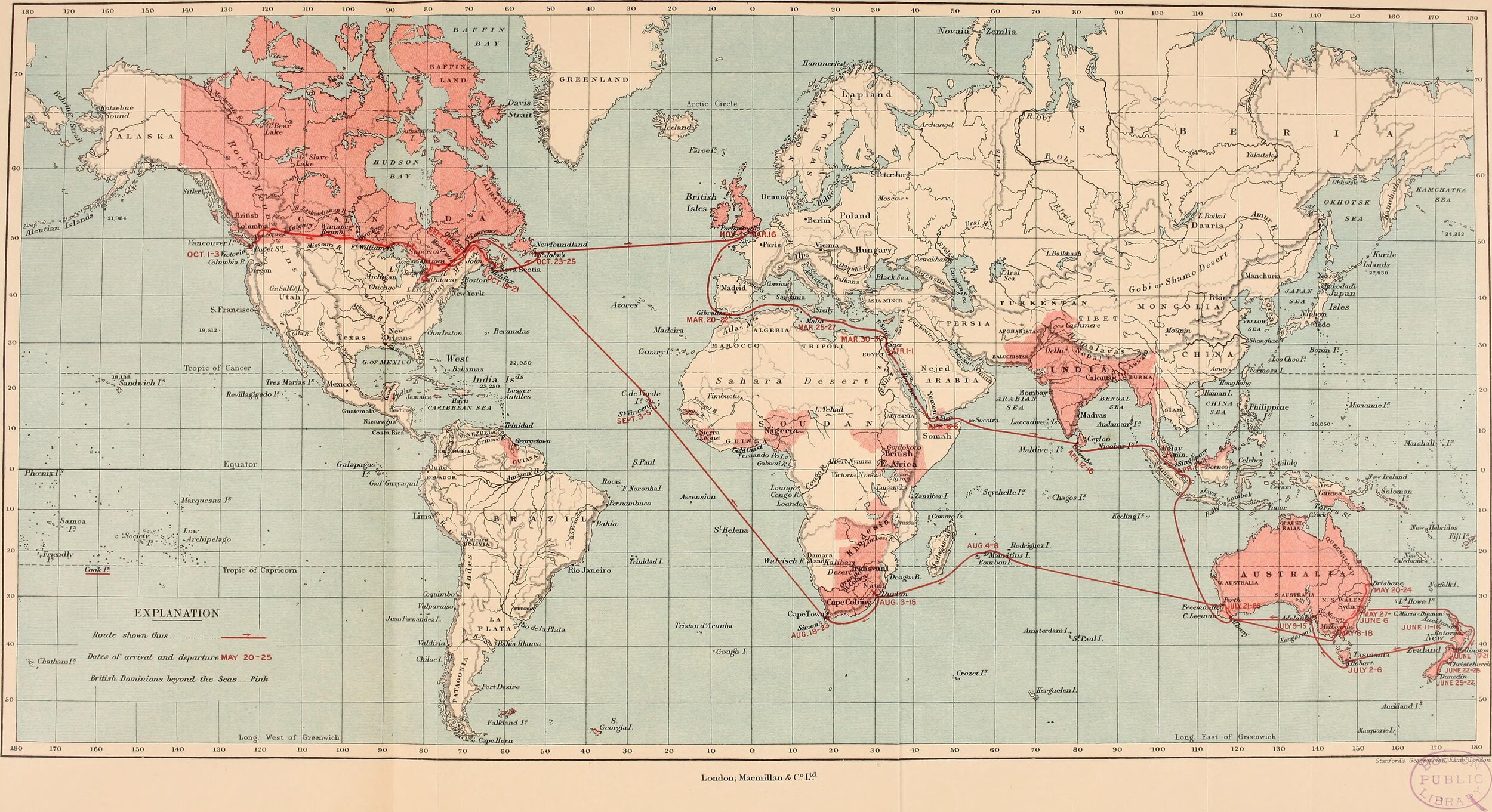
Part 5:
1945 to 2020: The Big Picture
#72 Economic Recovery in Europe 1945-1971: The European Union and the Welfare States
In the stable wealthy parts of Europe & North America, a small portion of the increase in wealth created after 1945 has moved and spread itself further down the line to the new middle classes. The issue I was concerned to express was the overall direction of wealth distribution across the world after 1945; powerful literature has grown up to challenge the status quo.
#66 Controlling the Peace: the Soviets and the USA’s Wish for a Cooperative Peace
The economies and politics of all nations at war were shattered; the only exceptions were the USA, the USSR, and the UK who all had maintained their political systems. The economies of the UK and USSR were in pieces. The USA had not only not been invaded, but she had also lost the least number of men. Throughout all of this, her economy had been strengthened. When we compare this with the loss suffered elsewhere: the Russians had lost 20 million-plus, men women and children; the British had lost 375,000 men; the Japanese lost between 2 and 3 million people; the USA had lost 405,000 men or 2.0% of the Soviet losses.
#65 Controlling the Peace: Loss, Re-establishment, Chaos and Hunger
It is worth pausing in this narrative to consider the loss of world power. Britain had not been militarily defeated in 1945. Her ruling elites have never admitted publicly that they had lost the most important item that they had fought for: the opportunity to extend their global colonial power alongside the USA. That statement alone is of course contentious. It was easier to glorify in being on the winning side and to argue in public that they had fought for high principled reasons to maintain the islands freedoms.
Both Britain and France had fought for 400 years to obtain 'global world power'. French and British ruling cadres were immensely proud of this history. The French fought the Vietnam and the Algerian wars in the 1940s to retain their self-image as a great nation. The British had attempted to retake the Suez Canal after it was nationalised by Nasser in 1956. This all ultimately failed and ended in humiliation.
#64 Controlling the Peace: The Re-establishment of World Power
Readers of these blogs will know that establishing world power has always required sophisticated ideology to justify action across the world. The centre of ideology in the hundreds of years after 1492, up to 1945 centred on race and racism; that European and then American invasions were by ‘superior’ peoples. Race was always a flexible tool and the exact variant varied over time determined by who were the perpetrators of the invasions and the moment in history.
The ideological story that followed 1945 would be determined by the USA. This blog discusses the new ideological tale told by the Americans and the old European colonial powers who had lost all their colonies as a consequence of the wars that ended in 1945.
#63 American Imperial Rule: American Intervention, Colonialism and Foreign Policy
‘The American century’ is considered the 20th century after 1945. From this time onwards, until the 21st century when China came again on to the world stage, America reigned supreme. This and the next several blogs will outline the framework and the choices she made to achieve global supremacy.
Unlike the earlier global powers, the US government and their think tanks carefully considered their options and structures. The earlier imperial powers had been led in the main by adventurers and privately financed enterprises. After 1945, American imperial expansion was led by her Government. And she knew the institutions which she wished to create to achieve world dominance.
#60 World Power: the Birds-eye View of Major Change
Perhaps the most important historical global change after the defeat of Germany and Japan in 1945 was the USA taking over world power.





